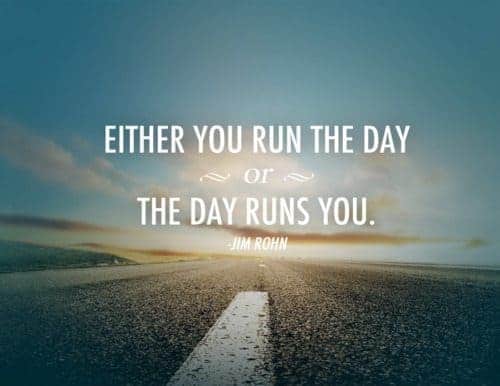5 Ways to Develop Your Social Skills
Often I hear people tell me they struggle with social skills.
Whether it is social anxiety or not knowing how to read other people correctly, there are ways we can learn.
We can push ourselves which can benefit our interactions with other people.
If we can improve these interactions, we can further our:
- social life
- work life
- relationships
Check out this great book about improving your social skills.
How to improve your social skills
1. Learning to Read Body Language
Were you aware that 97% of communication is unspoken?
This means it is our looks, body language, and the way we carry ourselves.
People can struggle with their ability to read what these qualities mean to others.
Our personal awareness of the signs they are giving off to others can be skewed.
There are many things we do that we are unaware of.
I had a supervisor point out to me that it actually looked like I was rolling my eyes at people if I was thinking hard.
Had they not pointed this out, I would have kept doing this behavior.
I probably would have ended up with many people feeling unintentionally disrespected.
Learning other people’s “micro-expressions,” which are subtle signs of mood changes and their more obvious large changes in expressions, helps us to understand others far more.
2. How we carry ourselves in an interview
This is an important area that many people do not consider.
They may learn about the company and prep for answers to common questions.
Yet, they fail to think about the social skills they present during an interview.
It is said that an interviewer decides within the first 60 seconds of meeting you whether they would truly consider you for a position or not.
A large part of this is social skills and body language.
If we walk in with a weak handshake, lack of eye contact, lots of “ums and ah’s,” and seem genuinely uneasy during the interview; we are setting ourselves up for rejection.
If we walk in with a firm handshake, good eye contact, and an air of confidence, we have a much better chance of being a serious consideration.
3. Have some topics to use in your back pocket
This is a great skill to learn for those with social anxiety and fear of new social situations.
If you are uncomfortable in new social situations, think you have nothing to contribute to a conversation, or if small talk makes you nervous, simply have a few good conversation starters or stories in your back pocket.
This will help you prevent any awkward silences, engage the group, and make you feel more confident in situations like this in the future.
After a few successful interactions, you will see that you actually possess the needed skills.
4. Learn to be an active listener
This is an important skill to develop.
If we do not learn to be good listeners and to show genuine interest in others, we will not go far in multiple areas of our lives.
Here are some signs of active listening:
- good eye contact
- repeat back your understanding
- paraphrase back what they have told you
- express your common understanding and interest in what they are saying
Poor listening skills include waiting for them to stop talking to say what you would say anyway or playing the game of “one-upping” them with a story of how something even more outrageous happened to you.
This is not about competition.
This is about letting them know we hear them and that we are interested.
Listening is an important and often overlooked social skill.
5. Shut down outside distractions
We are so “connected” these days by phone, iPad, TV, and radio that we can lose our true conversation connection because of outside distractions.
I cannot think of how often I see groups of people eating a meal, and they are all on their phones.
Or how many times have I been on vacation and seen people miss once-in-a-lifetime experiences because they are too busy “checking in” on their phone?
To truly be engaged with the people you are with and the experiences you are having, from a simple dinner to a vacation, you need to check out from technology and check in to the people and the surrounding places.
It will amaze you how much more connected and how much more enjoyable the experience becomes once you put down the phone.
How will you improve your social skills?
Listen to the person in front of you, or look around at the world around you.
Connect with the world, not technology, and you will improve your social skills and life.
Share a story in the comment section below about how your social skills helped or hindered you.
If you found this article helpful, please click the share button!











